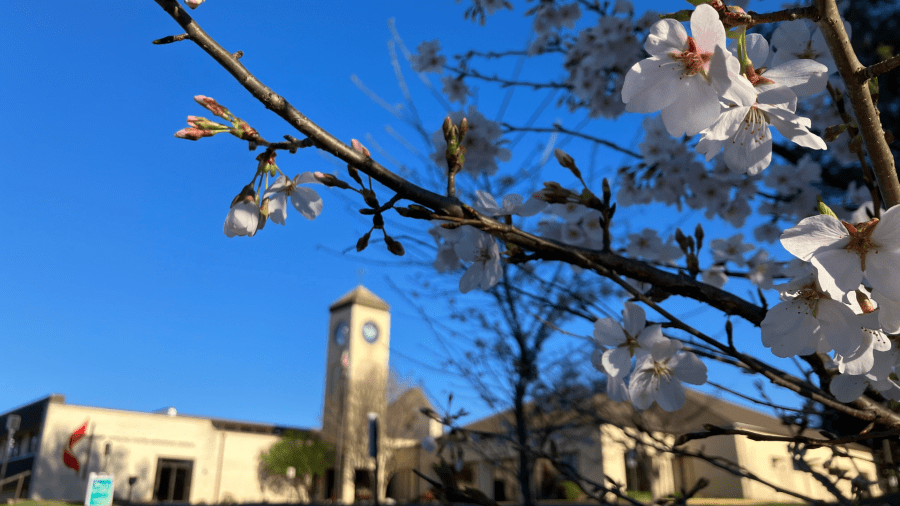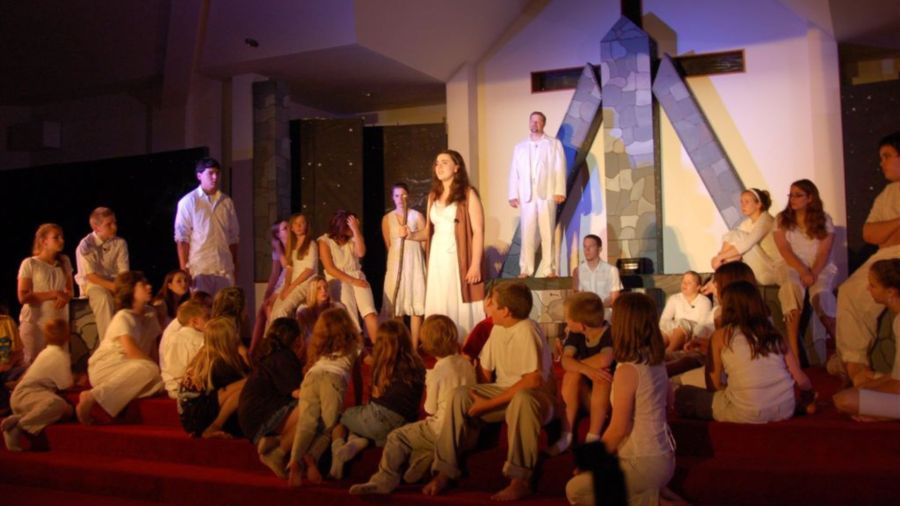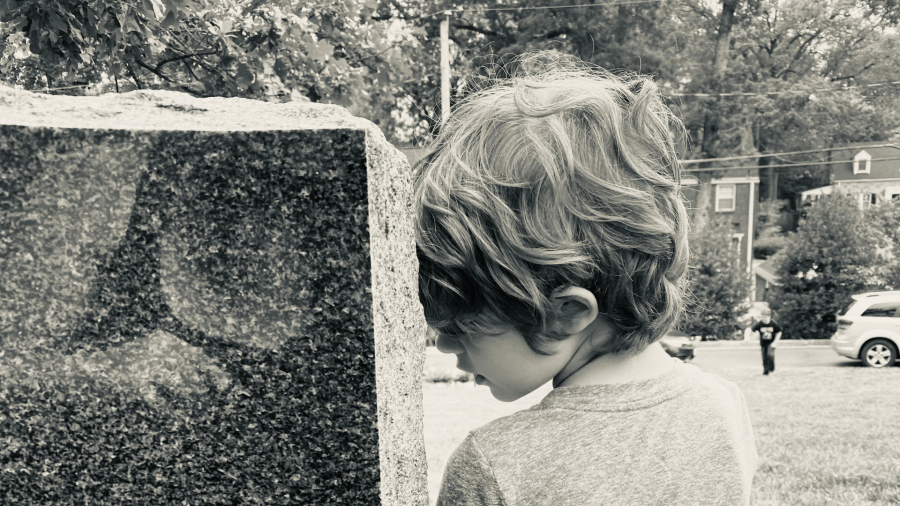In December of 2015, I left my job in hospitality finance to become a Special Education teaching assistant. The move resulted in a nauseating pay cut, but it allowed me to work a schedule a lot closer to that of my kids and support them in a way that I was a lot more comfortable with.
In 2018, I left the classroom to become a Stay at Home Mom for the first time in my life.
Both transitions were significant; as expensive emotionally as they were financially.
Somehow the gaps were filled. The kids thrived, the bills got paid.
I still wonder what our lives would have looked like if I’d stayed on the career track I had started; where we would live, what we would drive, what that kind of financial security would feel like. In some deep corner of my brain, an entirely different timeline still plays out like a science fiction movie. I’m quite certain that if I were to attempt to search for that version of my life, I would not be able to find it.
The scripture that inspired this week’s posts is John 20: 1-18 – the beautiful account of the resurrection in John’s gospel. In it, we find the question that inspired this particular prompt: “Woman, why are you crying? Who is it you are looking for?”
But for the past weeks, I have been reading the gospel of Luke, in which a similar but different question is asked:
“Why do you look for the living among the dead?”
Why? Because what they were looking for wasn’t there anymore, but they didn’t know that.
At the start of 2020, good things were happening at Sterling United Methodist Church. In my world that meant a musical was in full swing, but I’m sure everyone can remember something about that time that they were excited about. A new year of worship, fellowship and mission was being planned.
Less than a month into that relentless year we would suffer the unexpected loss of our Pastor. 6 weeks after that, we’d lose more than we could have ever imagined as COVID and the safety protocols surrounding it would close the doors of our church home.
We rallied; we moved as much of our worship, fellowship and mission online as we could. We wore masks, invested in hand sanitizer and learned how many people could be anywhere and still be 6 feet apart.
We looked ahead to the triumphant return of our pre-pandemic church.
What we were looking for wasn’t there anymore, but we didn’t know that.
It is disorienting when something that is precious to you is not waiting where you left it. Think about how desperately we search for a pen, our keys, or our phone when we lose track of it! How often do we end up searching the same places over and over because we are sure we have just missed it? “I know it was right here” we think, “I’ll just check one more time…”
And it isn’t just items that get away from us. Sometimes its an ideal, a season, or a dream. Life throws us a curve ball and we convince ourselves that we can just hit pause on our circumstances and come back at some point in the future to exactly what we left behind. We believe that on the other side of our uncertainty, our diagnosis, our loss, life will somehow “return to normal”.
But what we are looking for isn’t there.
Flowers do not bloom in the same way every spring. However beautiful they are for a season, we know that there is no guarantee that they will bloom in the exact same way again. If we spend the current season fixated on how colorful, plentiful or fragrant they were last year, we will miss the beauty all around us here and now. And the only way to ensure flowers in the future is to plant seeds today.
I don’t believe that our lives are meant to be experienced in a constant state of “before” or “after”. However much you long for the “before” in whatever your circumstances might be, take heart: your life now is not a consolation prize. It is new, because He has made it so.
Searching for our future in our past is no different than looking for the living among the dead.
Before you assume that what you have loved is lost, make sure you truly know what you are looking for. God will show you where to find it.
This post was originally published as a part of a lent devotional my church, Sterling United Methodist, is writing. Check out this and other posts on the church blog!





